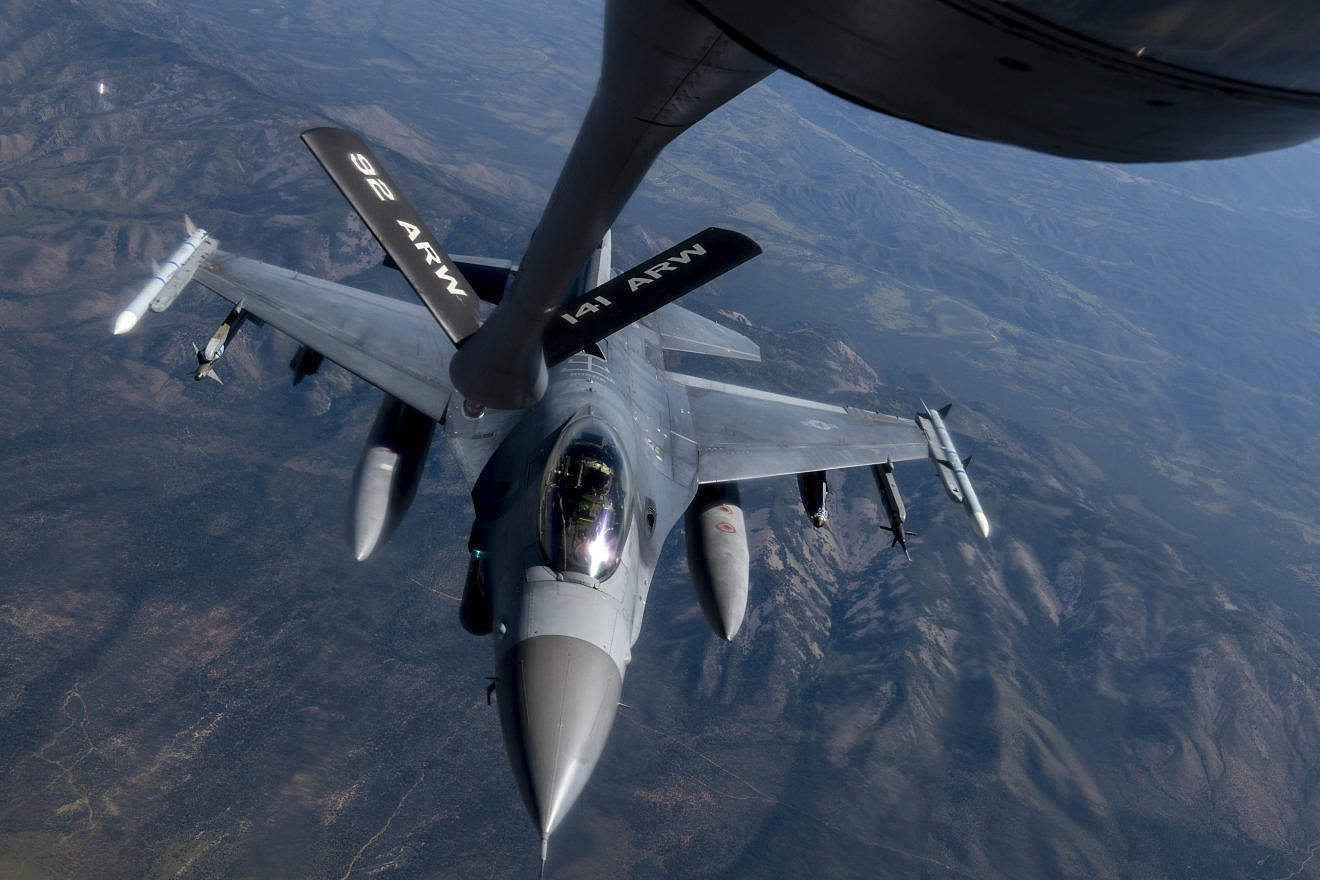The U.S. House of Representatives passed the National Defense Authorization Act on Thursday for fiscal year 2024. The NDAA includes several provisions designed to support Israel and counter Iran.
The annual defense spending bill passed on a bipartisan basis, 310-118—with 73 Republicans and 45 Democrats voting against the measure—after its companion bill passed in the Senate on Wednesday, 87-13.
Both conservative and progressive opponents of the bill cited its extension of Section 702 of the Foreign Intelligence Surveillance Act, which permits warrantless wiretapping of foreign communications, including contact with U.S. citizens. They also cited the defense expenditure’s price tag: $886.3 billion.
The 2024 defense spending bill also includes several provisions designed to support Israel and counter Iranian influence in the Mideast.
Under the bill, Israel will receive $500 million for missile-defense cooperation, $47.5 million in new spending for U.S.-Israel cooperation on emerging defense technologies and $55 million for the U.S.-Israel counter-drone program, as well as training on aerial refueling for the Israeli Air Force.
Israel’s ability to carry out mid-air refueling is currently limited to its fleet of decades-old, repurposed Boeing 707 tankers. It is set to receive four more modern KC-46A tankers from Boeing in 2025, which the United States will train Israel to use and could signal an increased capability to strike at Iran’s nuclear facilities.
The NDAA also establishes a presidential envoy for the Abraham Accords at the ambassadorial rank, intended to promote integration and new normalization agreements between Israel and its Arab neighbors. Dan Shapiro, former U.S. ambassador to Israel, currently holds a similar position at a lower official rank.
Countering Iranian threats and those posed by its regional proxies is also a part of the bill, which would require the U.S. defense secretary to further integrate Israel into the U.S. maritime security strategy to counter Iranian maritime threats.
The Israel funding in the NDAA is separate from the Biden administration’s $106 billion supplemental foreign aid request, which includes $14.3 billion for Israel and more than $61 billion for Ukraine. Those proposals remain deadlocked in the House and Senate over the inclusion of Ukraine and Republican demands for additional security measures at the southern U.S. border.
The NDAA will now proceed to U.S. President Joe Biden for signature.


























